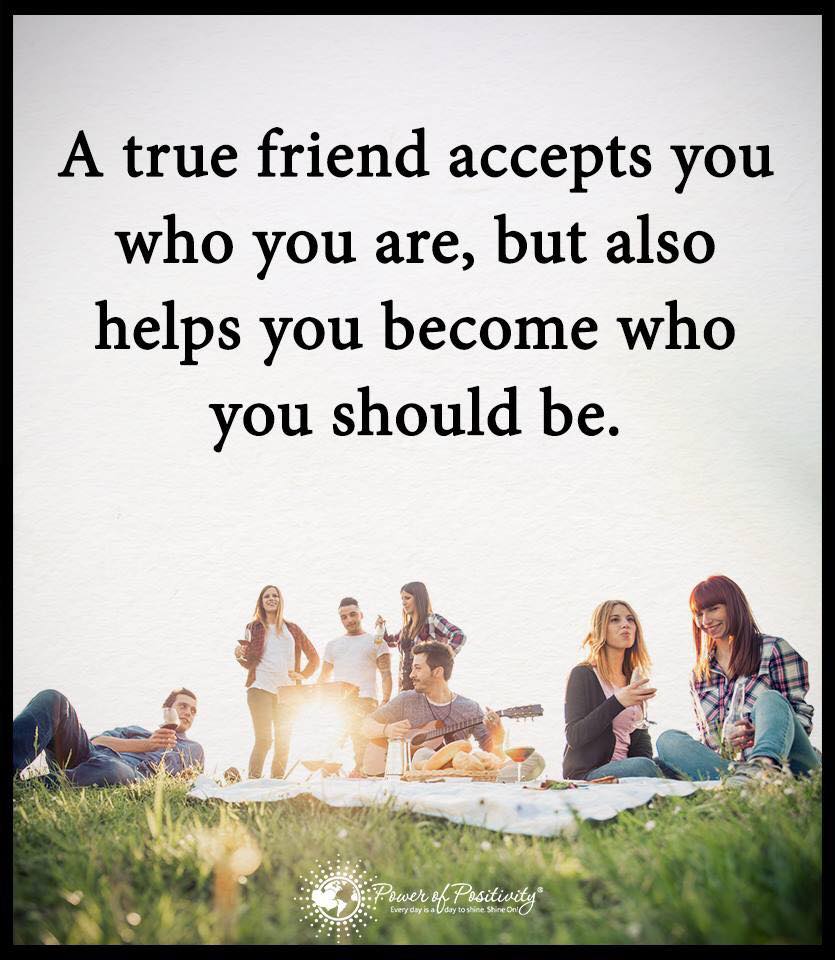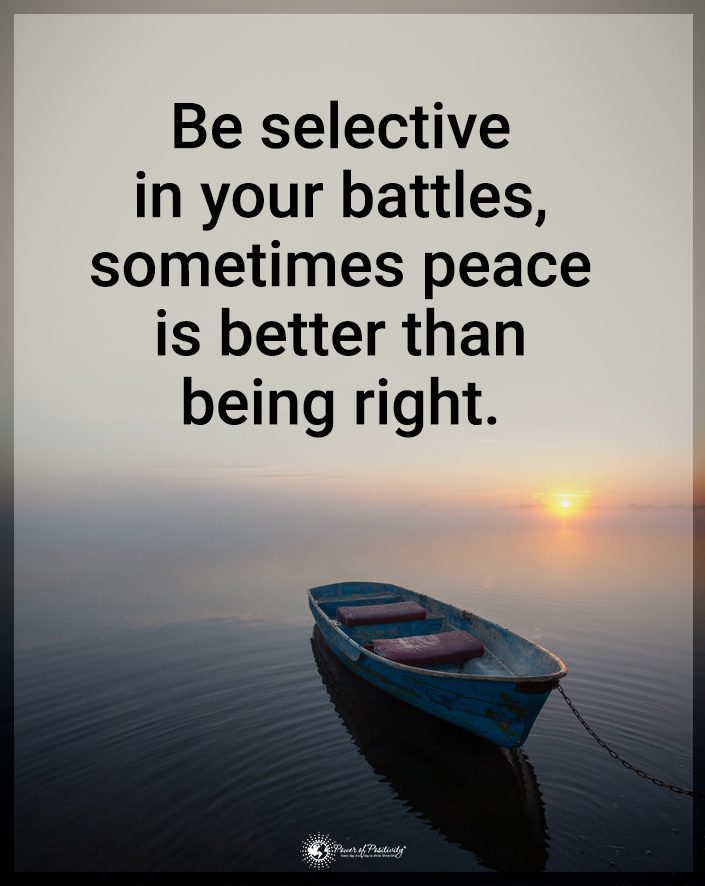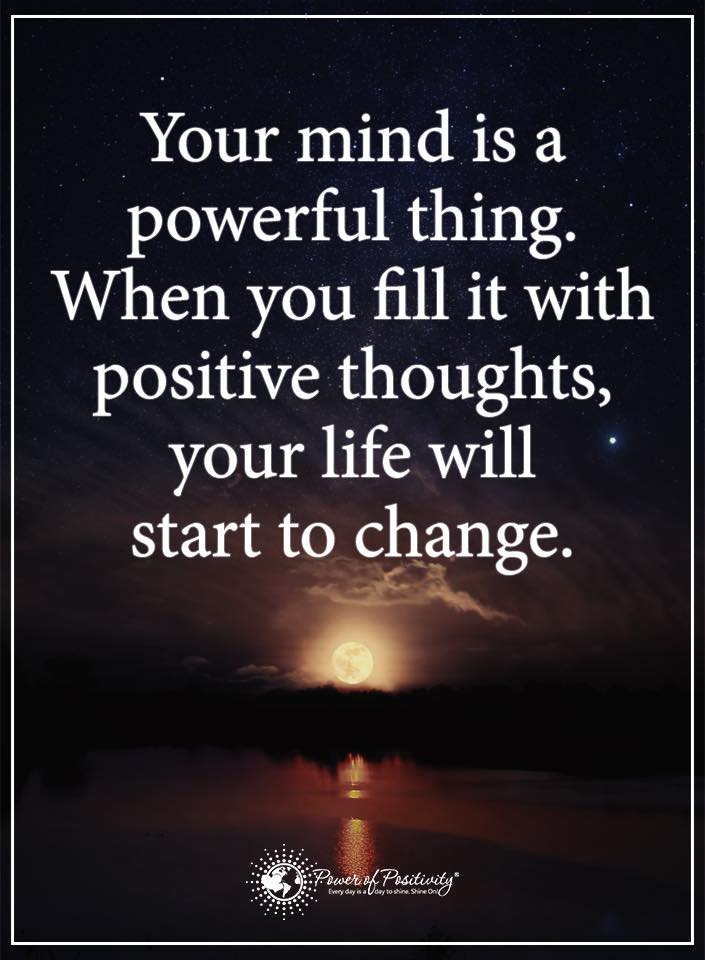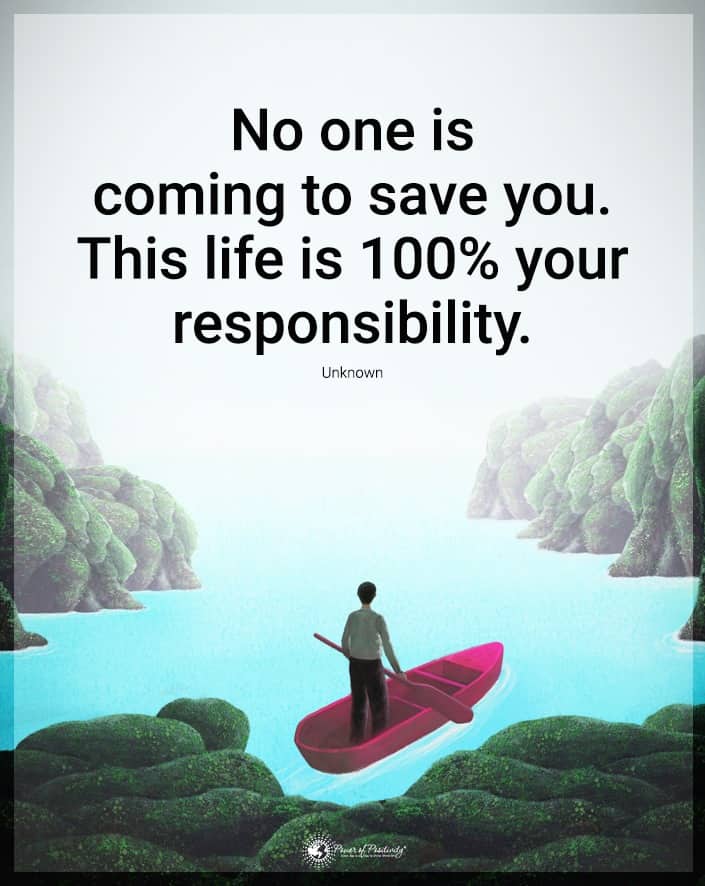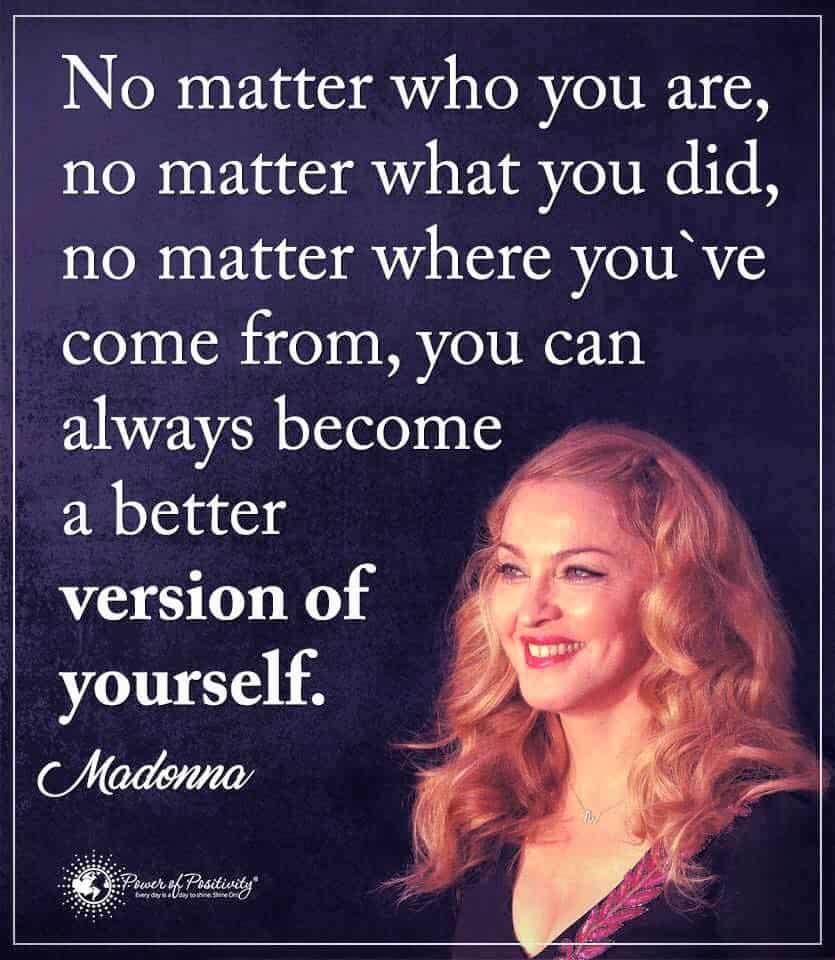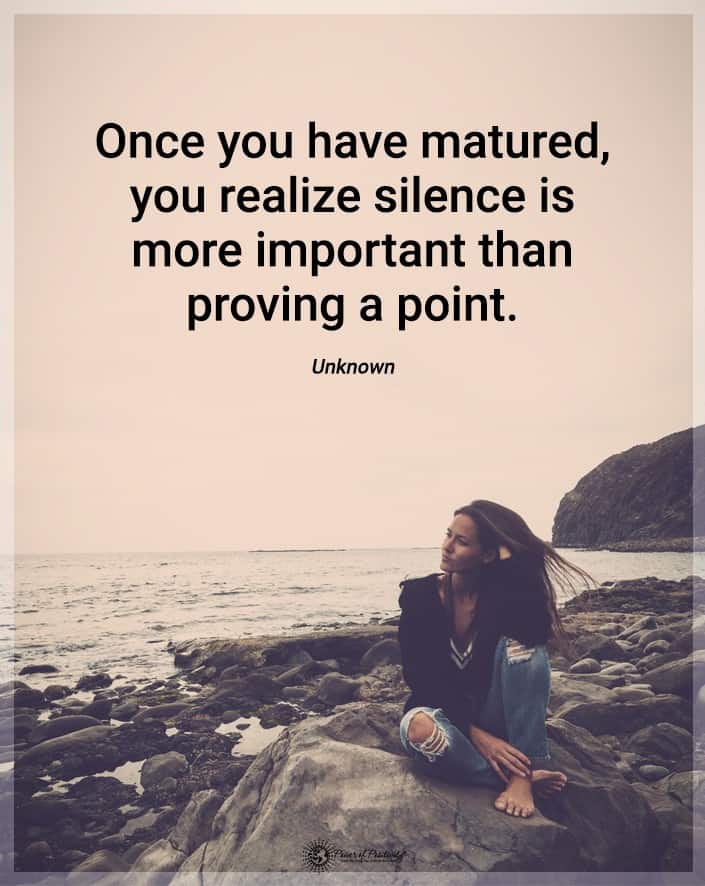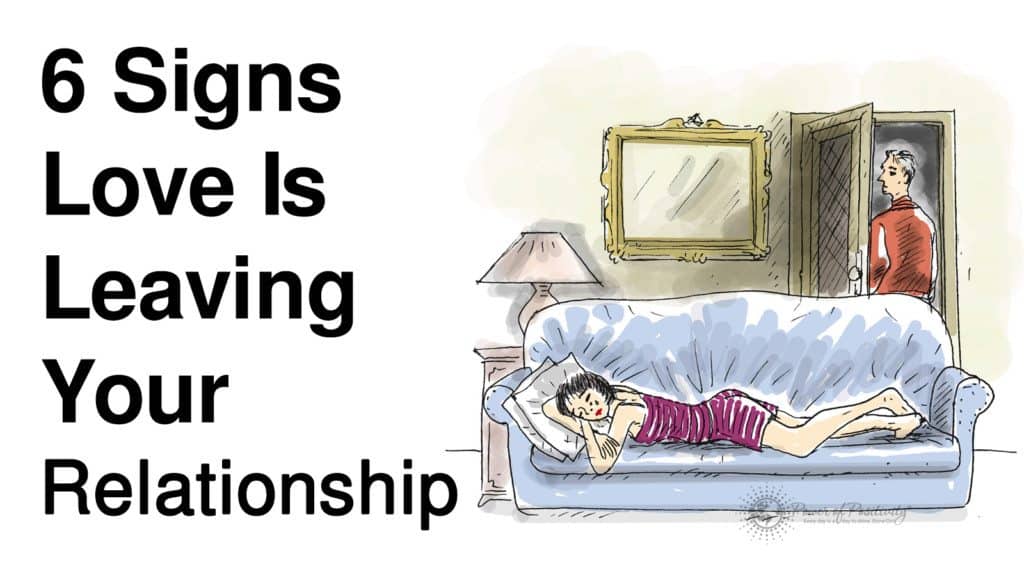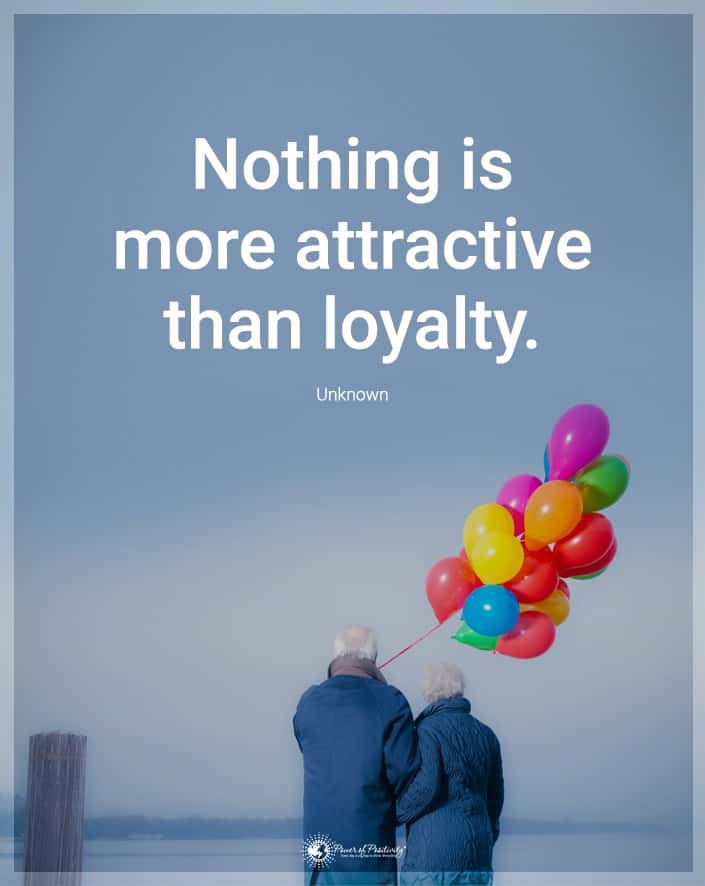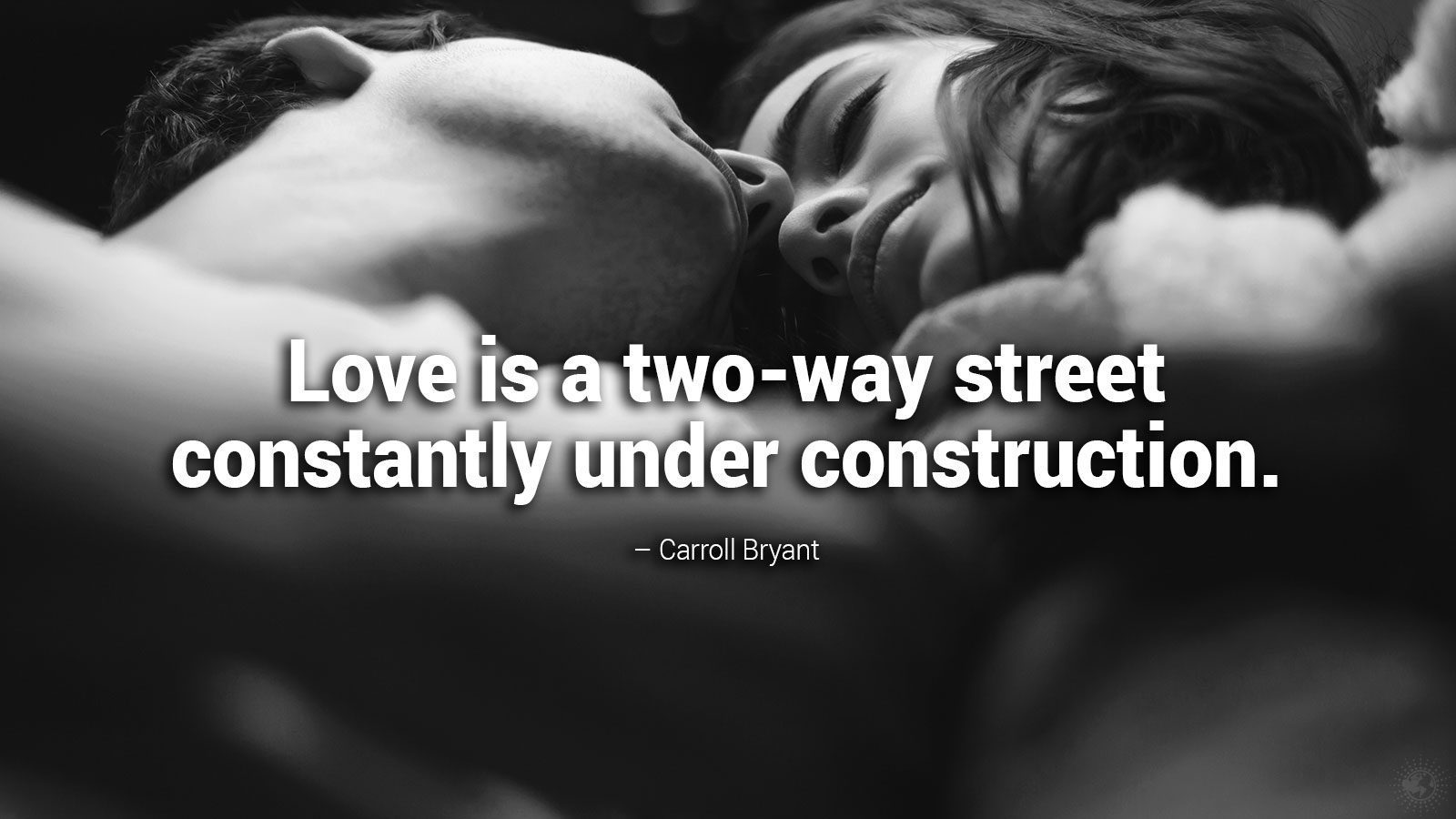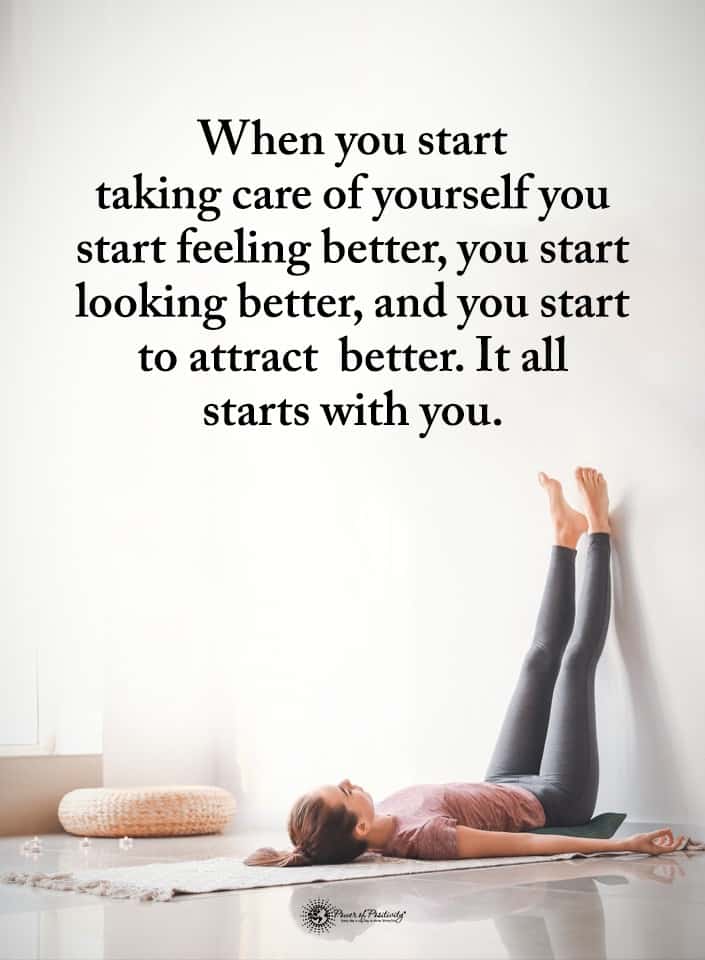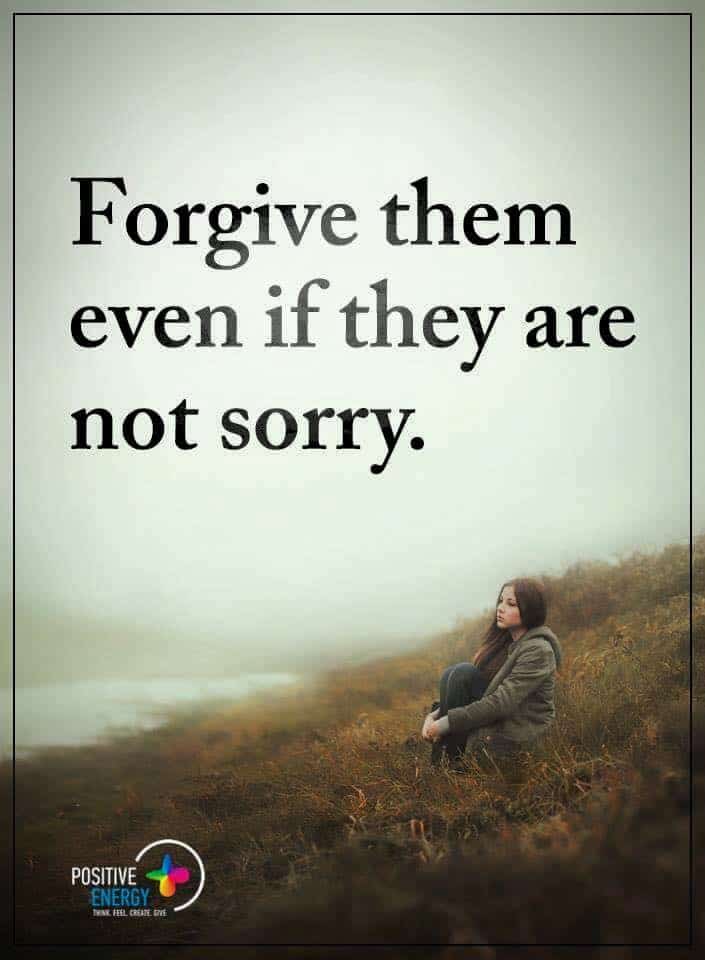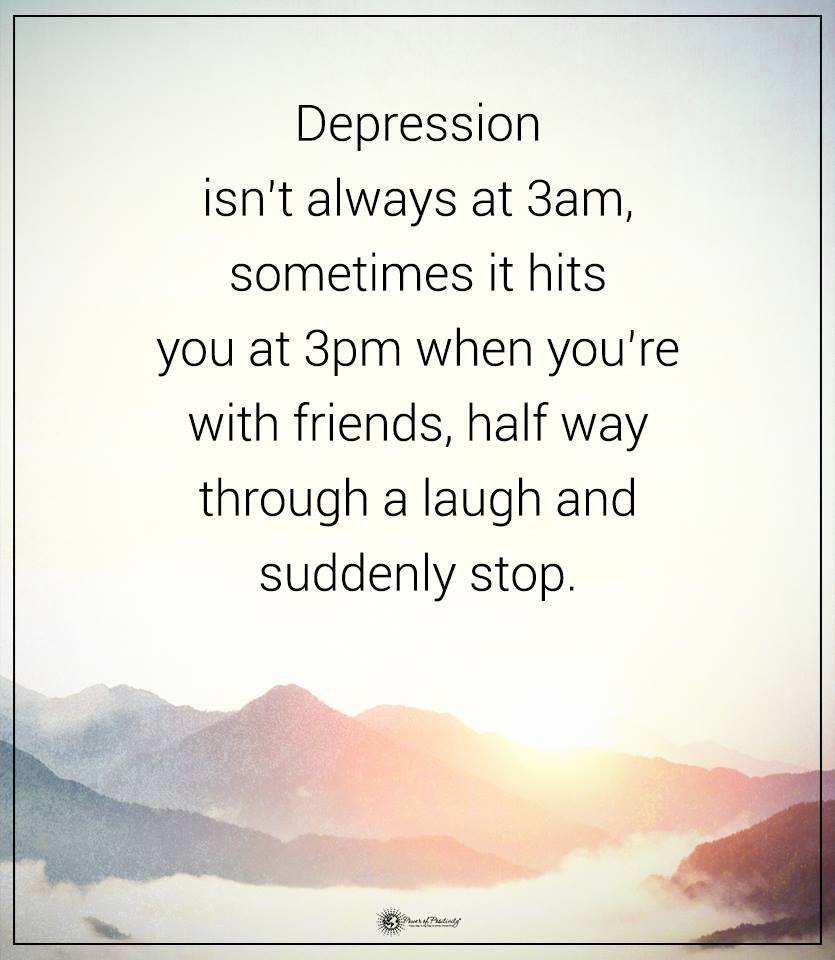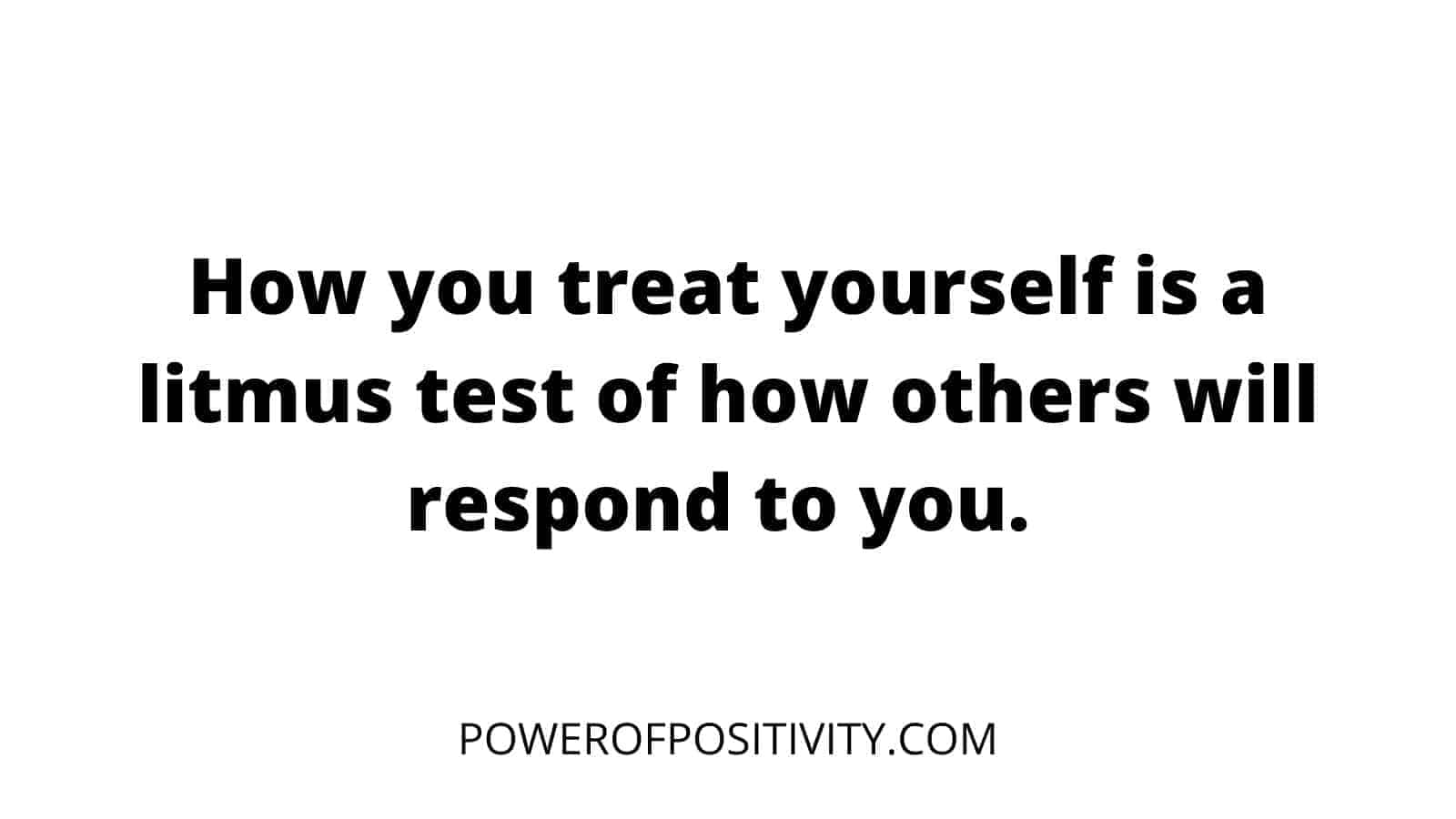In the age of having thousands of Facebook “best friends,” real friendships built on respect, a common bond, and shared memories are indeed a rarity. However, friendships allow us to have a connection with another human being, have a support system, and share memories with someone else. Friendships are vital to human existence, and certain habits can actually make you closer to some than others.
If you want to polish up your friendship skills, you might try the following things to become the best friend anyone could ever have.
9 Behaviors of People Who Make Fantastic Friends
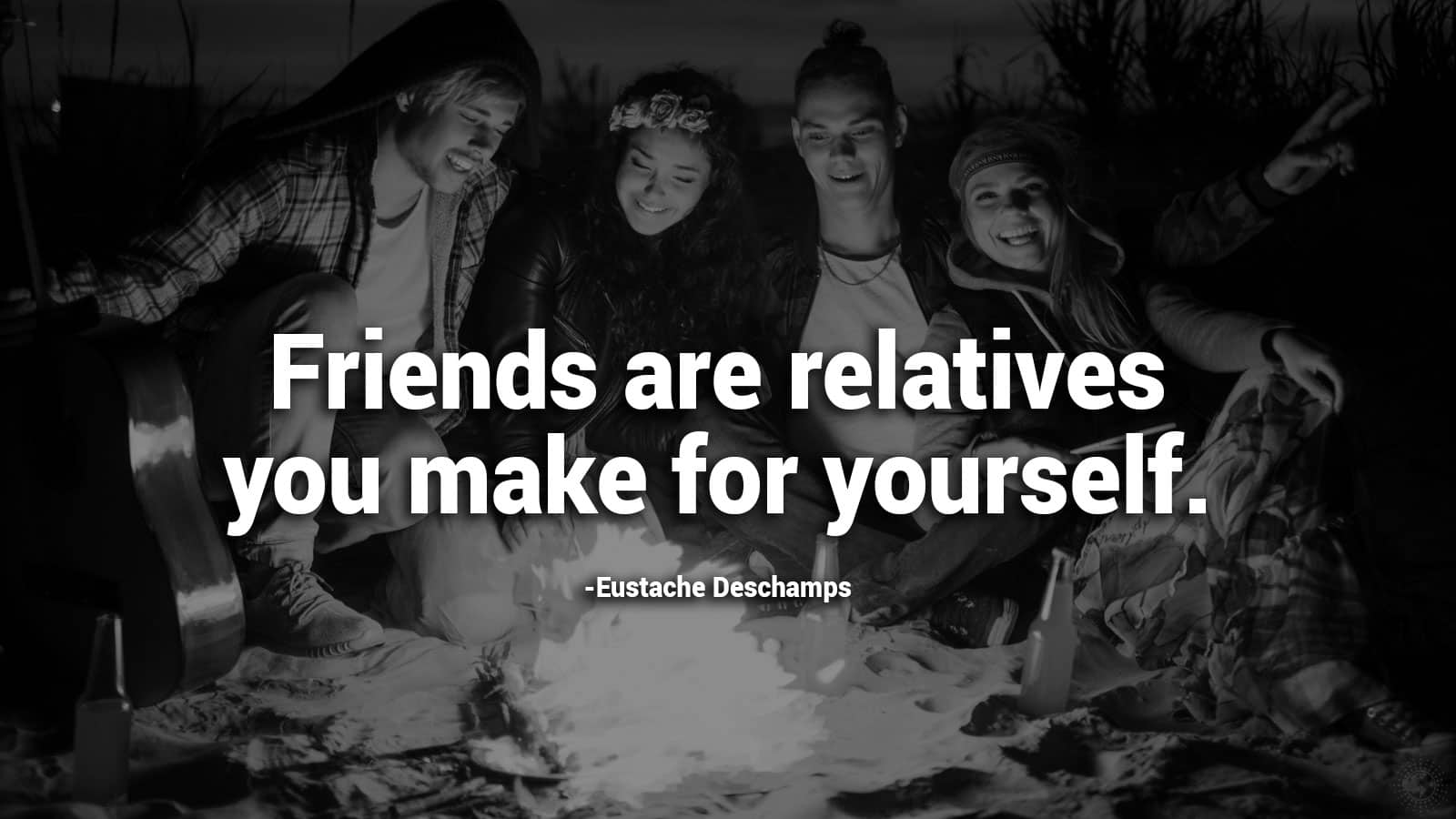
1. They accept you as you are.
People who make the closest friendships don’t try to change others; they simply accept them, flaws and all, and enjoy getting to see another perspective of the world. Friends don’t always have to agree on everything or have the same personality; diversity makes the world go around, and true best friends know this. They embrace people’s true self and find the positives in everyone they meet.
2. The best friends stick with you no matter what.
Fairweather friends don’t sit well with those who know what friendship is really about. This is the person who would go to your house at 3AM if you needed to talk, and not complain about it. The best friends don’t just act like a friend when it’s convenient for them; they always have their friends’ backs, no matter the situation.
3. They encourage you to grow and learn as a person.
They feel happy when you succeed and want you to become the best version of yourself. There’s no jealousy or competition in a real friendship, and the best people out there would never dream of such animosity being present in their relationships. Real friends want to see you do well, not see you fall.
4. The best friends make others feel comfortable.
You can share anything with these types of people, and not feel awkward about it. The most treasured friends out there feel comfortable in their own skin, and make the space available for others to feel the same. In their company, you feel totally free and happy, not like you’re being judged or critiqued. If you want to become the best friend ever, first be a friend to yourself and love the person staring back at you in the mirror.
5. They put in the effort.
These people actually show interest in the friendship, and you don’t feel like you constantly have to call or text them to hang out or simply chat. We all lead busy lives, but the genuine friends don’t leave their pals in the dust. Friendship is a two-way street, and the best friends out there would never make anyone put in all the effort in the relationship.
6. The best friends make you come to life.
Your genuine and closest friends make you feel refreshed, inspired, and vibrant about life. After hanging out with them, you feel more alive than before, not drained and depressed. They don’t spend their time complaining and moaning about problems. Instead, they truly relish every second they spend with you, and care about you having a good time.
7. They always tell you the truth.
The best friends don’t beat around the bush; they tell it like it is, even if the truth hurts. They just want the best for you, so they don’t believe in sugarcoating anything to make life easier. You can always count on this person to tell the absolute truth, and truly care about your well-being.
8. Best friends cut you some slack.
These people know perfection doesn’t exist, so if you make a mistake, they won’t make a huge fuss about it. You don’t have to walk on eggshells around them; you can be free to be yourself without the fear of judgment or ridicule. If you slip up, you can count on this person to help you back on your feet, not criticize you for falling in the first place.
9. They never gossip about you.
Real friends would never dream of engaging in the toxic practice of gossip, because it does nothing but bring everyone involved down. If they need to talk to you, they do it face-to-face. You can always count on this friend to have your back, and not turn on you when you need them most.

